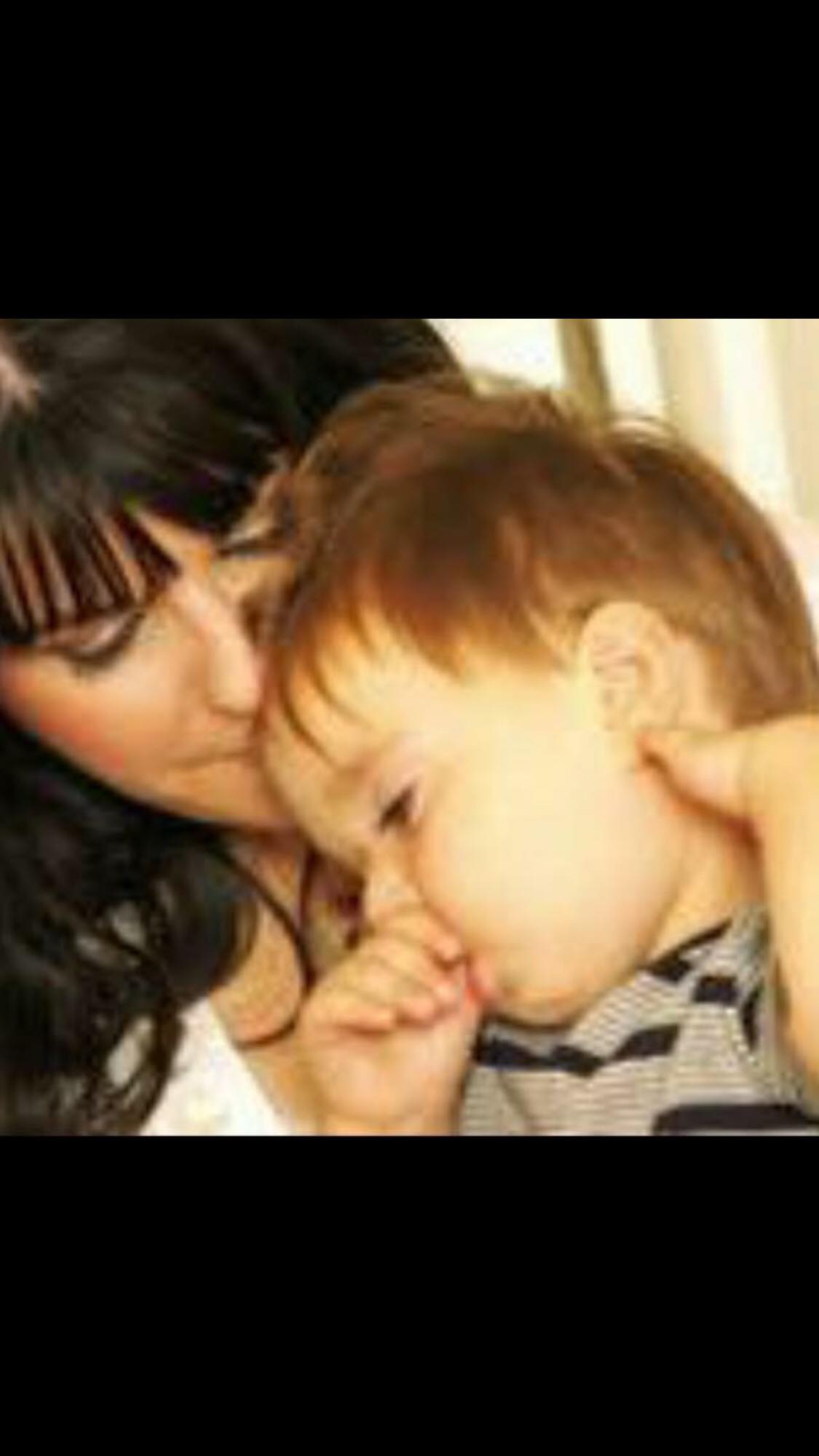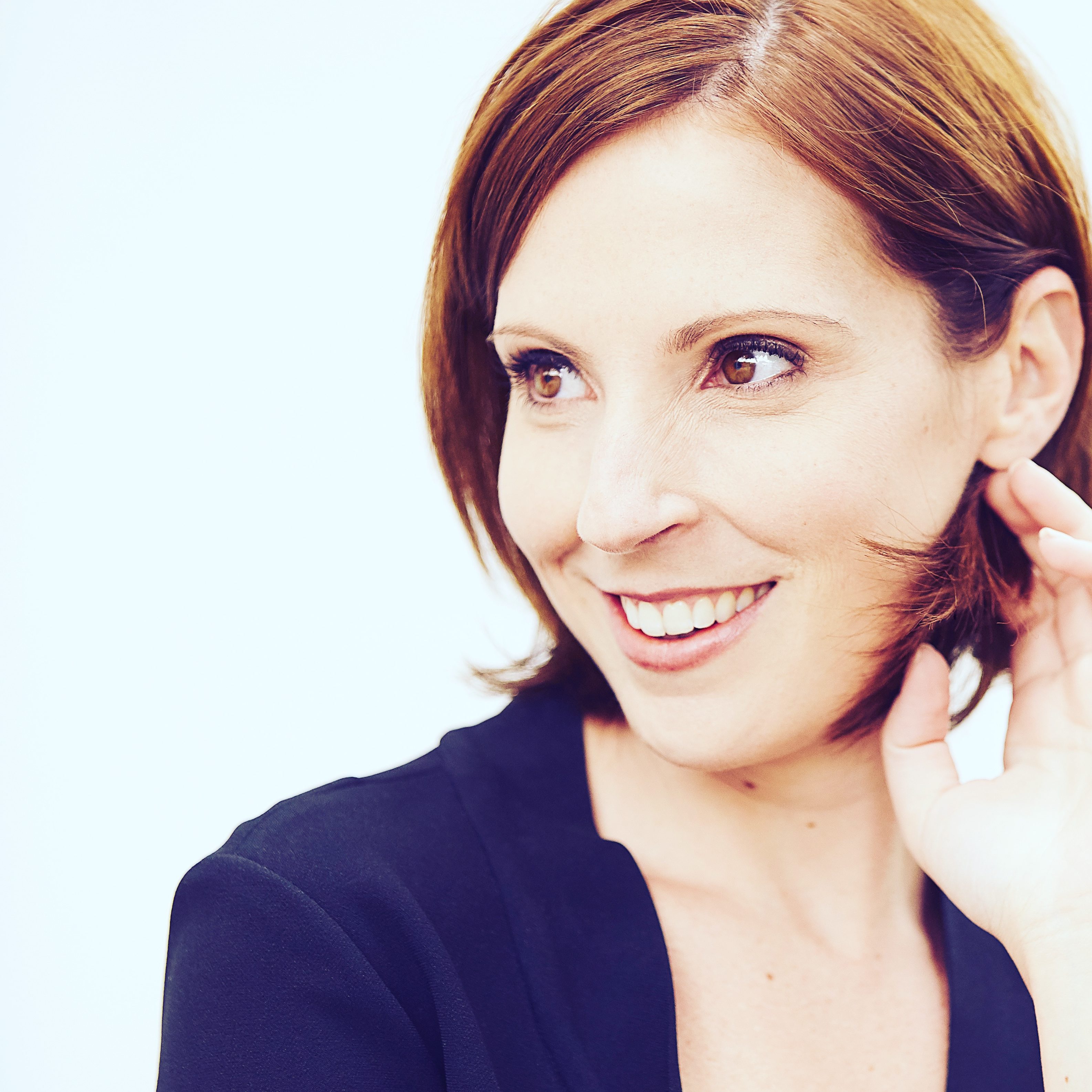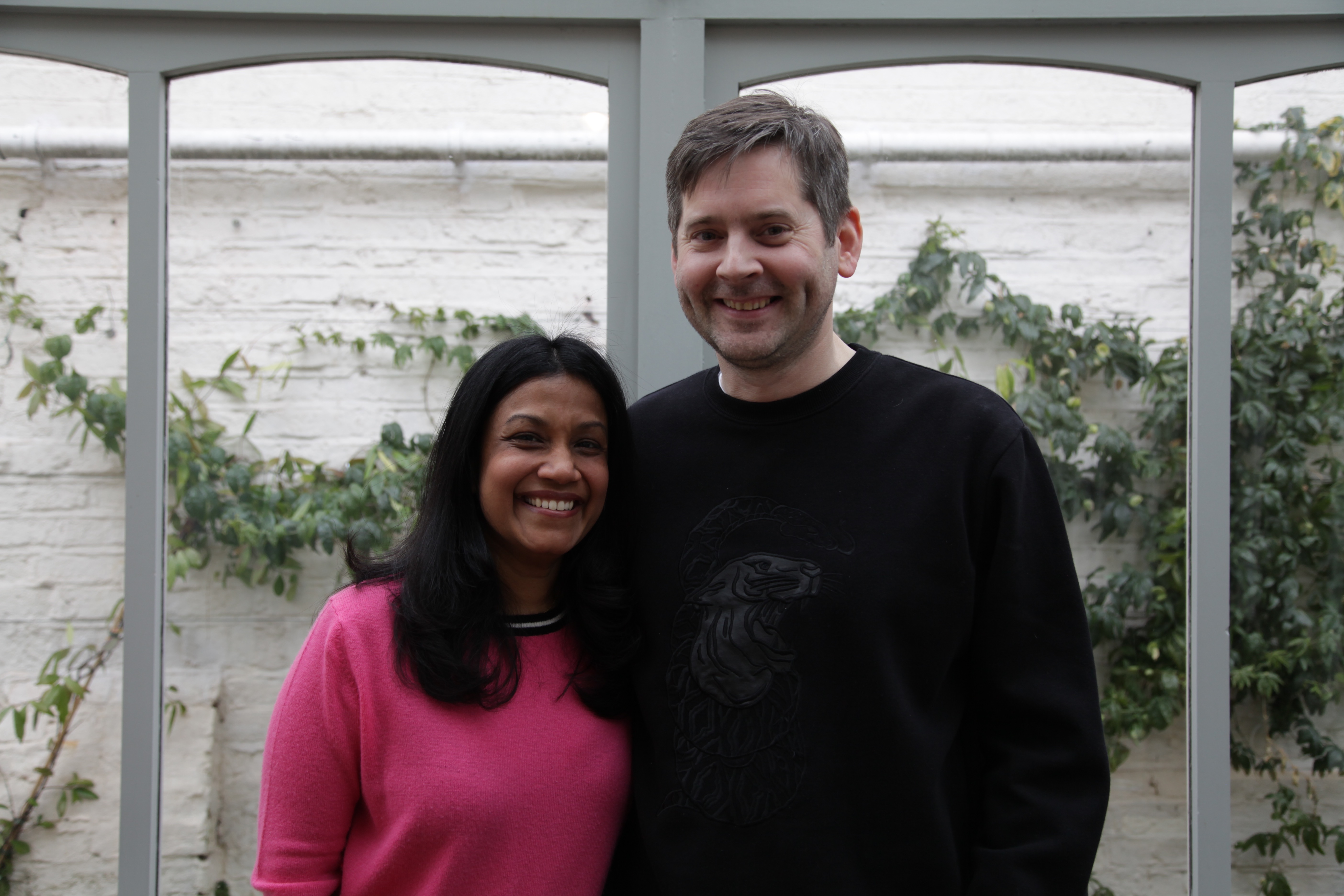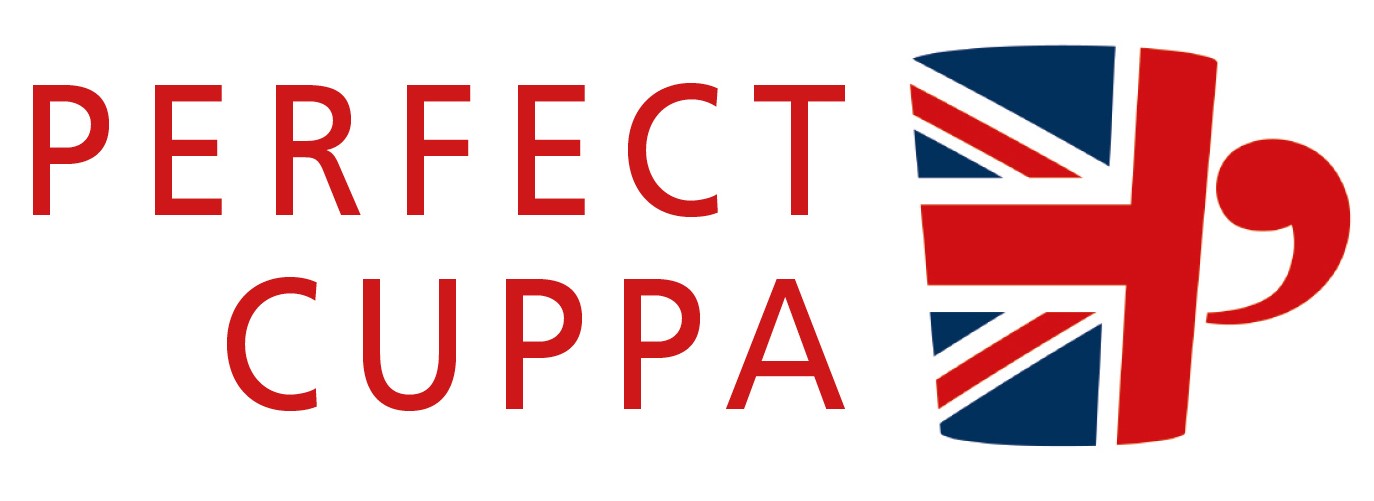Surprising facts about causes of tooth decay in children by Dr Gaynor Langley
Dr Gaynor Langley is a dentist in Central London. She owns and works with her team in a high-end, private family dental practice at 38 Devonshire Street. Central to their ethos is the concept of “prevention”. She has been in private practice for almost 25 years and has treated hundreds if not thousands of children in her career so far. She is a mother of four, her children now ranging in age from 12 to 21 years, and so fully understands and appreciates the delights and challenges of parenthood!
We asked Gaynor to present a series of articles to give you the information you need to ensure healthy teeth for life for one of the most important people in your life, your baby/child. Her aim, is that the “Babes in the Woods” grow up with perfect, healthy and beautiful teeth.
Sugar
The subject of sugar is one of the hottest health topics in the press at the moment and for very good reason…well actually for 2 main reasons:
1) Obesity – this has reached epidemic levels and is seen as the biggest cause of major health issues in this generation
2) Tooth decay
I am a dentist so I will leave obesity for medical colleagues to address, but tooth decay is definitely a subject I am qualified to tackle.
In my practice, patients don’t come in guzzling bottles of “Ribena” or chomping sticky sweets for breakfast. Parents are fully aware that refined sugar causes tooth decay, and they are most certainly not piling spoons of sugar on their children’s Weetabix or adding it to the baby’s bottle. So why is it that I see so much tooth decay amongst my patients?
Tooth decay is very simple as diseases go – all it requires is sugar, bacteria and time.
The fox, chicken, bag of grain problem.
We have only three elements to tooth decay, so that should be really very simple. Miss one out and the other two can do no harm? Or can they?
Well, theoretically, no. If your child has no bacteria in his/her mouth, sugar can do no harm and if the child has a filthy dirty mouth having never brushed teeth but never encounters sugar, again no harm can be done.
Is that possible? The answer is a resounding NO and I will tell you why.
Your child’s mouth is a whole ecosystem of bacteria, fungi and other microorganisms – they do not come from food – they are there because the mouth is the top of the digestive system, and micro-organisms are essential to the smooth running of the digestive tract, so they are resident there. You may brush them from the teeth, but they will remain on the tongue and other soft tissues and no amount of tooth brushing will or should “sterilize” the mouth.
OK you say. I get that but what about sugar? I don’t give my child sweets and they never have fizzy drinks, so that should still be fine. Once again the answer is that it is impossible to rule sugar out of the diet as it hides in the most surprising forms and places.
A few facts
What is the first source of sugar babies encounter? Breast milk – As we all know, breast feeding a baby, if you are able to, is one of the best starts in life you can give them. However, one of the worst cases of tooth decay I have seen in my practice was in a child who was still breast fed into the third year of life – it was very difficult to identify any other clear source of the problem and many teeth were so badly damaged that they had to be removed under general anaesthetic – the mother was mortified, she was quite sure she had only been doing her best for her child’s health.
Is sugar addictive? Definitely. Does all milk contain sugar? Yes, natural sugar (lactose) but sugar just the same. So by the time your baby’s first teeth come through, they already have a taste for it.
So where else will you find sugar in a health conscious household other than in the obvious places? Well everywhere. To analyse the actual sugar content of a food you need look no further than the list of ingredients on the back of the pack where it will state “Carbohydrates, of which sugars” and then give a figure in grams per 100grams. A sugar cube contains just 3 grams of sugar so try to visualise. An apple contains 3 sugar cubes, a glass of apple juice 3.5 per 100ml – the average small carton contains 200ml – so that’s 7 sugar cubes. A shocking fact is that raisins contain more sugar per hundred grams than Haribo Starmix – and they are just as sticky. Honey is the same as golden syrup where sugar content is concerned. An Innocent smoothie contains a massive 34.3g of sugar and has 30% more sugar per 100ml than a can of regular Coca Cola.
So why is juice so bad? (and this includes the juice you make at home from fresh oranges, apples etc.) Well, from a dental perspective there are a number of reasons. Firstly, it combines sugar (and we’ve already established that there is no safety in natural sugar) with acid. Teeth are effectively like marble in structure and therefore very susceptible to acid erosion, so the acid opens up the micro surface and provides an excellent path in for the sugar, which then does even more damage. Acid, even without sugar will dissolve the teeth, so there are very good reasons to avoid it. Secondly from a health point of view, a high sugar hit, particularly with fructose has an effect on the liver and causes it to struggle and lay down fat – this is where diabetes and obesity start to creep into the equation. If you eat a piece of natural fruit you are also eating the fibre that goes with the sugar and acid. The fibre lines the gut causing a slowing of absorption, so at least there is some health benefit in this, although it is still not ideal for teeth. The third reason juice is bad for children is that it fills them up – so if given with a meal, they may guzzle down their juice and then lose their appetite causing them not to eat their nutritious, protein filled, sustaining meal – but an hour later they will be hungry again and a vicious cycle ensues. This moves us neatly on to the subject of snacking.
Snacking
The short version is…DON’T DO IT!!!
Each time your child eats the pH in his/her mouth changes into a more acidic environment. Their precious teeth are susceptible to acid and get eaten away by it (this is how decay attacks). So little by little the acidity involved with eating something will slowly but surely lead to a ‘weakening’ of teeth. Each time they eat something with a sugar content (however small) the process starts and it takes the mouth about an hour to return to normal after. The key word here is TIME so if they snack every hour there is never any time for recovery and cavities will begin.
There have been hundreds of clinical studies done on how many ‘hits’ a day teeth can cope with and the magic number is 5. So that’s breakfast, lunch & dinner and two additional snacks. Above 5 hits leads to a huge increase in cavities. In the context of a small child, milk counts as a snack and indeed anything with any sugar content of any kind. So is snacking on fruit a healthy option? No. What is the only safe drink for children? Water. The aim is that you get your child to eat 3 substantial balanced meals a day and you try to get everything into that meal. Favour vegetables rather than fruit for their low sugar content and high fibre and be very selective in your choice of snacks for your child. Choose based on the sugar content as shown on the packet – train yourself to check and remember 3g is the same as a sugar cube.




























A follow up to a comment on my article about diet and children’s teeth: Please note I am not in any way against breastfeeding – it is beyond doubt the best start in life for a baby, the issue is where children are breastfed well beyond the stage where they are also eating an entirely normal diet. The diets and the microbiology of our children do not match those of primitive societies from hundreds of years ago that some of the studies mentioned are based on. Breast milk does contain lactose so my point is to exercise caution. A normal diet + breast milk constitutes many intakes of sugar containing substances during the day and often night and this can in some cases increase the risk of dental decay. If 5 intakes of food of any kind is the guideline for a weaned child with teeth, a child may be exposed to many more than this if breastfed beyond the first year. There are of course exceptions to every rule and my article can only talk in terms of sweeping generalisations and give guidelines for dental health in children.
Thank you Gaynor.